The waste management company launched a report on 12 May examining the legislative changes and key challenges facing the sector, such as net zero and waste crime.

FCC Environment’s chief executive officer Paul Taylor said: “The next few years promise to be turbulent for the sector. New legislation that will fundamentally impact on how we work, coupled with the race to net zero and adapting to a post Covid-19 world, will present many challenges for us.
“Whatever Britain’s political future, I am confident that the waste and recycling sector can be instrumental in helping the UK achieve its goals and get back on its feet. Legislative and economic drivers will be required to help drive investment in new infrastructure and market growth, but over-regulation could be damaging to competition and the long-term viability of the sector.”
FCC Environment says it is a “certainty” that all the major parties will make advancing the green agenda a core component of their manifestos in 2024.
It says the policies of the parties in Scotland and Wales in May 2021 might give some indication of the potential new targets and commitments designed to reduce waste, encourage recycling, and promote green energy capacity.
Net zero
FCC Environment says the race to net zero is a key priority of the government as it looks to reduce the UK’s emissions by at least 78% by 2035. While the waste sector has nearly halved its carbon emissions since 2008, the waste management company says, it still contributes approximately 4% of UK greenhouse gases.
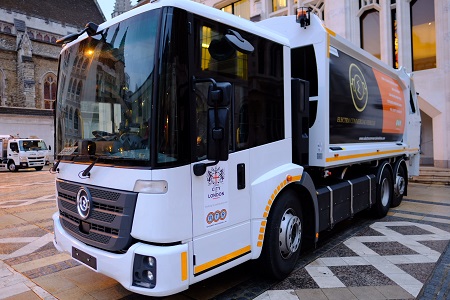
Those in the waste sector must provide educational campaigns to those who use their services, FCC Environment says. It adds that cooperation between the public and private sectors will be “vital”.
Transitioning to electric refuse collection vehicles (eRCVs) quickly and supporting supply chains to increase production will support both the net zero agenda and economic recovery, the company says.
It adds that energy from waste (EfW) plants will be important to deal with whatever residual waste remains in the future, though fewer will be required. Those that remain will need to be retrofitted to reduce their carbon output, FCC Environment says, and this could be aided by the government promoting investment in carbon capture and storage (CCS) technologies.
Environment bill
FCC Environment says the environment bill, which will implement many of the significant changes, expected in the waste sector holds “significant symbolic value” to the government as a “trailblazing” piece of legislation designed to help the UK forge its own path outside the EU and as a “global leader”.
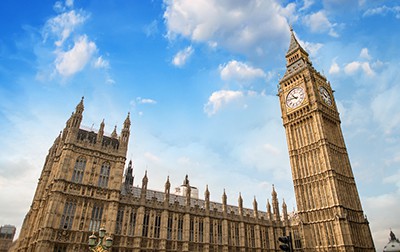
In January the bill suffered a surprise delay to the “next parliamentary session”, with recycling minister Rebecca Pow saying Royal Assent could now be expected in the autumn.
In its report, FCC Environment questions parliament’s ability to scrutinise the bill properly and make it law before COP26 in November.
It also expresses concerns around the sector’s ability to prepare for any new practices it is required to meet in a “relatively short” timeframe.
Covid-19
FCC Environment says organisations like it will be encouraged to provide opportunities to those who have lost their jobs due to the pandemic or whose sector has become “unviable”. Key changes like the introduction of deposit return schemes (DRS) may also create demand for jobs, the waste management company says.
The report says unanswered questions remain as to whether industrial and commercial waste will return to pre-pandemic levels, with business reviewing office space and the requirement for staff to work in the office.
Waste crime
The reputation of the whole waste sector is being “damaged” by a small number of perpetrators of waste crime, FCC Environment says.
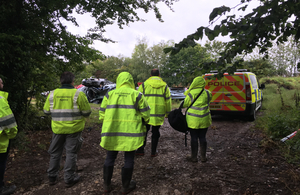
It calls for more ringfenced resources and tougher enforcement from the Environment Agency and the Joint Unit for Waste Crime (JUWC) as soon as possible.
FCC Environment wants these in advance of changes like the introduction of the DRS, which it says could be susceptible to serious organised crime.
Calling for additional spending for the JUWC at the Autumn Statement and Spending Review will be a key lobbying activity for the sector, FCC Environment says.
Related links
Mapping the Politics of Waste – 2021 – FCC Environment






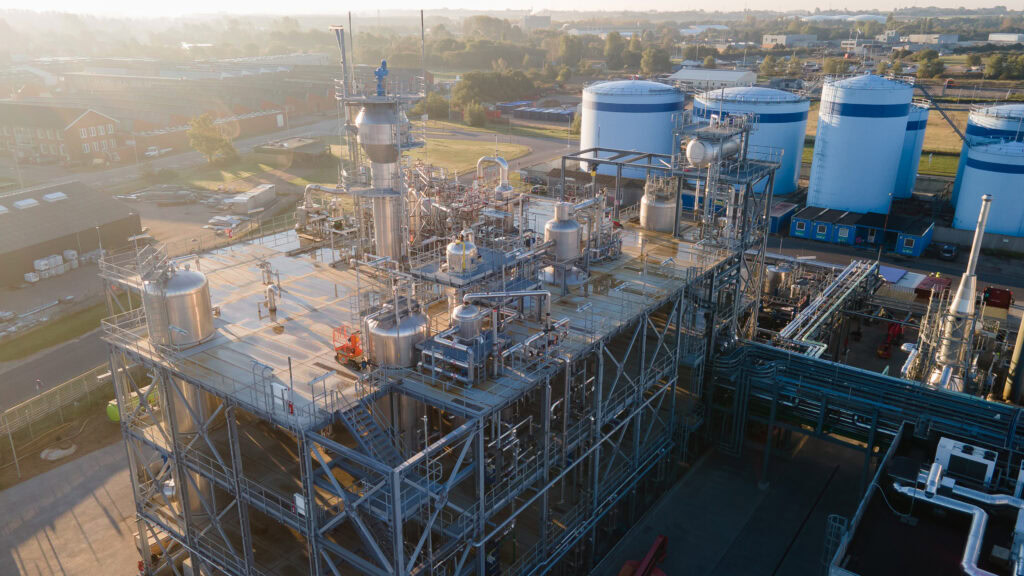
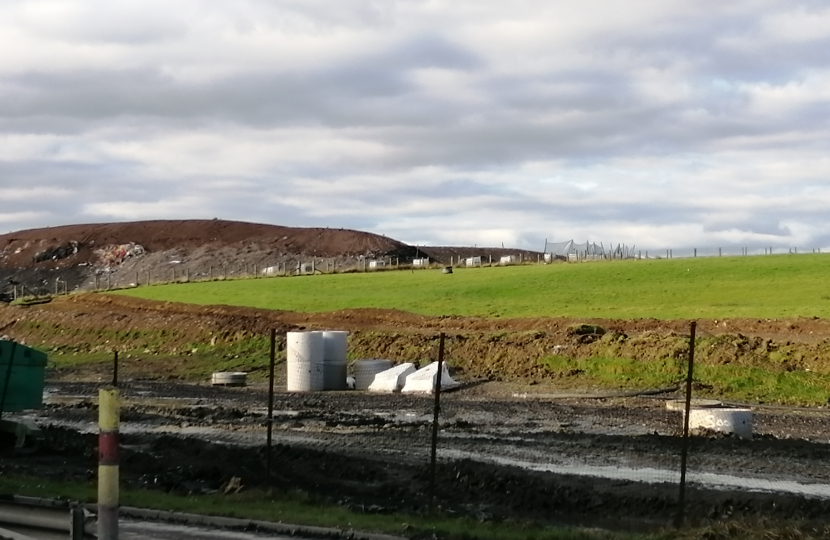



Subscribe for free